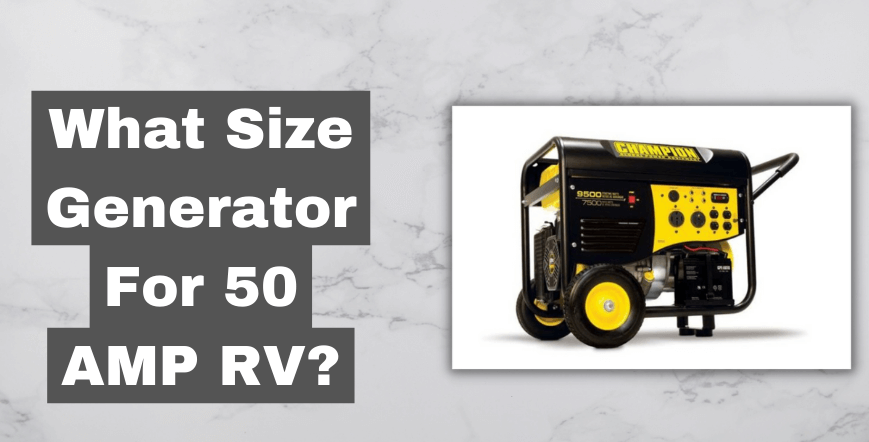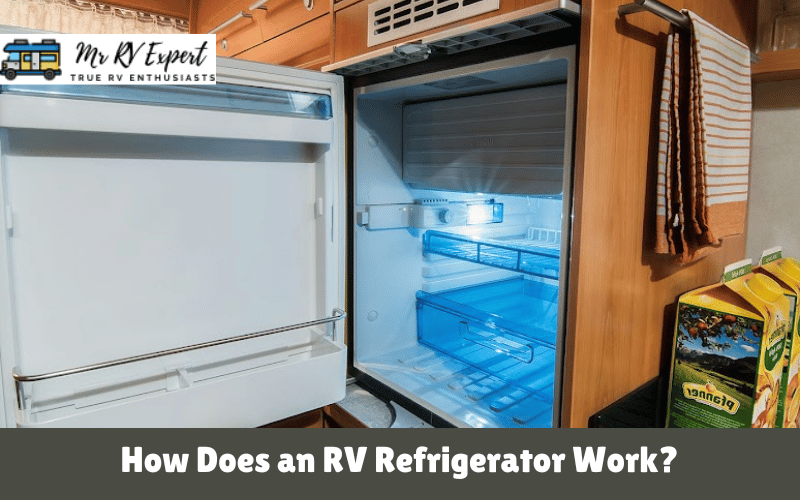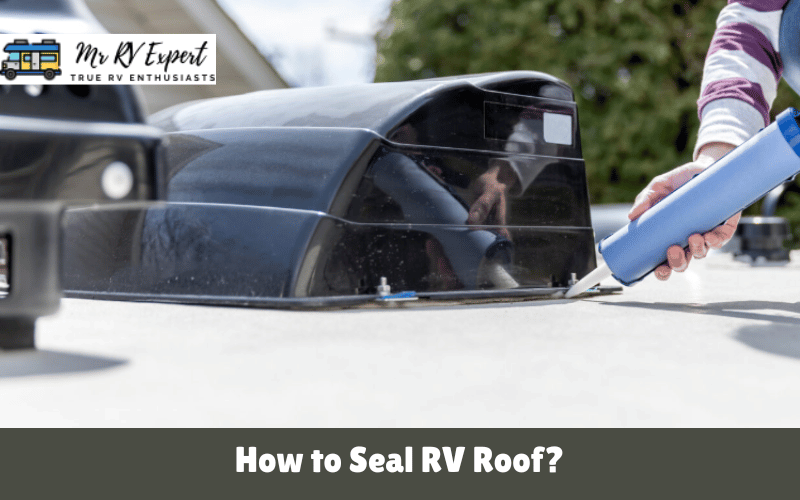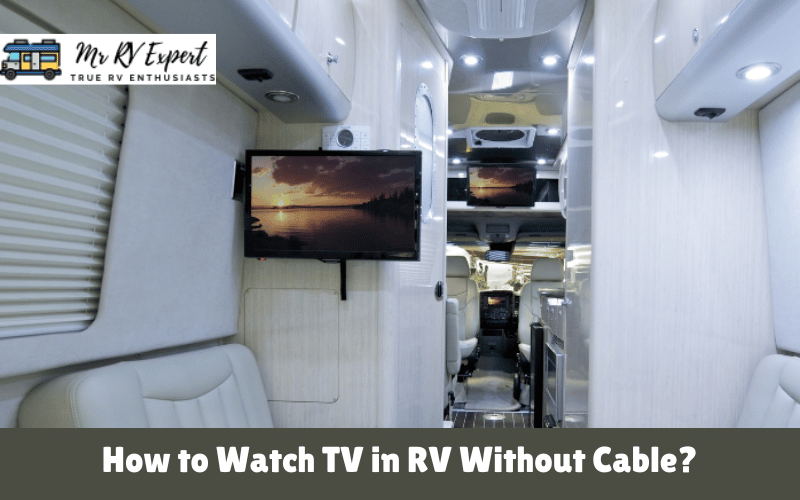When choosing a generator, remember that your appliances will need the power to operate. You should also consider the wattage required to start and run those appliances. This guide will help you what size generator for 50 AMP RV you will need.
A 50 amp RV requires a generator of up to 12,000 watts. A 12000 or 12500-watt generator will be sufficient if you’re planning to use your RV in rural areas or in areas with limited electricity. It will also run all of the essential appliances in the RV, like the refrigerator and the microwave. This will be sufficient to power the appliances in your RV.
Table of Contents
Choosing a Generator For a 50 Amp RV:
There are a number of factors that need to be considered when choosing a generator for your RV. First of all, the size of your RV will determine how many amps your appliance will use. This is important because the more appliances you have, the bigger the generator will need to be. If your RV only has 30 AMP service, then you won’t be able to fully utilize the electrical system. You will have to run appliances individually, or in groups of two, if you don’t have enough power.
The number of appliances:
Second, you should consider the number of appliances you’ll be using in your RV. The size of your RV will have a big impact on the size of your generator. In addition to your RV’s electrical needs, you’ll also want to consider its weight, noise level, fuel efficiency, and ease of use. In addition, you’ll want to consider any additional appliances you may have as well, such as a television or lights.
Wattage and fuel:
When choosing a generator for a 50 amp RV, be sure to follow all storage guidelines. The wattage of your appliances is important in your selection. Ensure that you don’t buy a generator that can’t handle those appliances. In addition, you should also consider the type of fuel that the unit is compatible with. If you plan on running multiple appliances, you should make sure the wattage of your generator is enough.
Advantages of a Generator in Your RV
A Generator in your RV is the best way to supplement renewable power sources. Without a generator, you’d have to choose between running your air conditioning or connecting to the grid, which can lead to expensive downtime. A smaller model, however, is a great option for traveling in an RV. These portable appliances also produce less noise and do not have the size or weight issues that larger units do.
The advantages of an RV generator are many. It can provide AC power to 120 Volt appliances such as refrigerators and televisions, or it can charge a DC battery for later use. It can also power electronic appliances, such as DVD players and a microwave. Although some RVs are equipped with a built-in generator, others come with a portable generator. Regardless of the type of generator you choose, your RV should have enough electrical capacity to meet all of your needs.
Easy to store:
An RV generator is built into your rig, which means it is much easier to store when not in use. On the other hand, a portable generator is more portable, but may not be as powerful as a generator in your RV. A generator that is built into your RV will draw fuel from your RV’s fuel source, either gas or diesel. Some generators shut down when the tank is at 1/4 of capacity, so it’s better to carry more fuel than you’ll use.
Protection from electrical blackouts:
A generator can be a great addition to your RV. It can run critical appliances and keep the refrigerator running if you’re in an area prone to storms. A built-in generator can also help protect you and your family from electrical blackouts.
Why Should You Use a Generator in Your RV?
Having a generator in your RV will make life easier while you’re away from home. Although you may be tempted to rely on batteries for power, they can drain quickly and cause you to lose power. A generator can also come in handy for emergencies when you can’t find a place to plug in your RV. This article will explain why a generator is necessary for your RV.
A generator is a great way to take advantage of abundant energy and store it for later use. The only downside to this is that generators have their limits – they can only charge the house batteries at certain amperages. That means that it can take some time to fully recharge your batteries. The generator you choose should be suitable for your RV. You should also consider whether you can maintain your RV. Then, once you have the generator, you can start using it without much trouble.
A portable generator can help you for several reasons. It is also useful if you plan to spend a lot of time on the road. If you have a solar panel installed on your roof, you can use it to power appliances like refrigerators and TVs. You can install a generator in your RV and even use solar power for backup.








